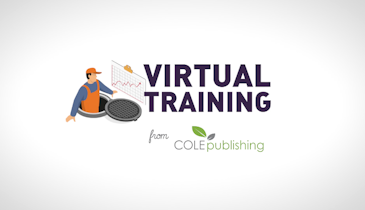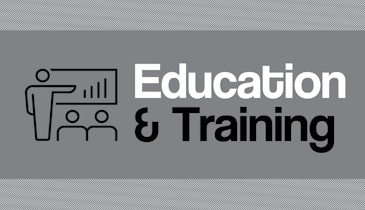In response to the COVID-19 stay-at-home orders, many building plumbing systems are not being used. As they remain unused, water quality can deteriorate. To address this concern, the federal government, state governments, and individual companies or consultants have issued guidance to avoid or remediate health risks resulting from water-quality deterioration. These recommendations span "routine" and "recommissioning" practices and involve a wide variety of scope, length, detail and specific recommendations. This is problematic because some of the guidance contradicts others and not all recommendations are based in scientific data. This presentation will summarize water-quality concerns that may develop due to water stagnation, highlight common aspects of preventive and remedial actions, and provide an evaluation tool to assess the scope and quality of existing guidance documents.
Dr. William Rhoads is a research scientist at Virginia Tech. His research explores applied environmental microbiology and chemistry in building drinking water systems, and it is an internationally recognized leader in opportunistic pathogen research. Rhoads earned his Ph.D. in civil and environmental engineering at Virginia Tech, where he was supported by the Charles E. Via Doctoral Fellowship, the American Water Works Association Larson Aquatic Research Support doctoral scholarship and the Alfred P. Sloan Foundation’s Microbiology of the Built Environment Program. His research has been recognized with honors, including the 2017 Outstanding Doctoral Student Award in the College of Engineering at Virginia Tech and the international 2017 CH2M/AEESP Outstanding Doctoral Dissertation Award.






